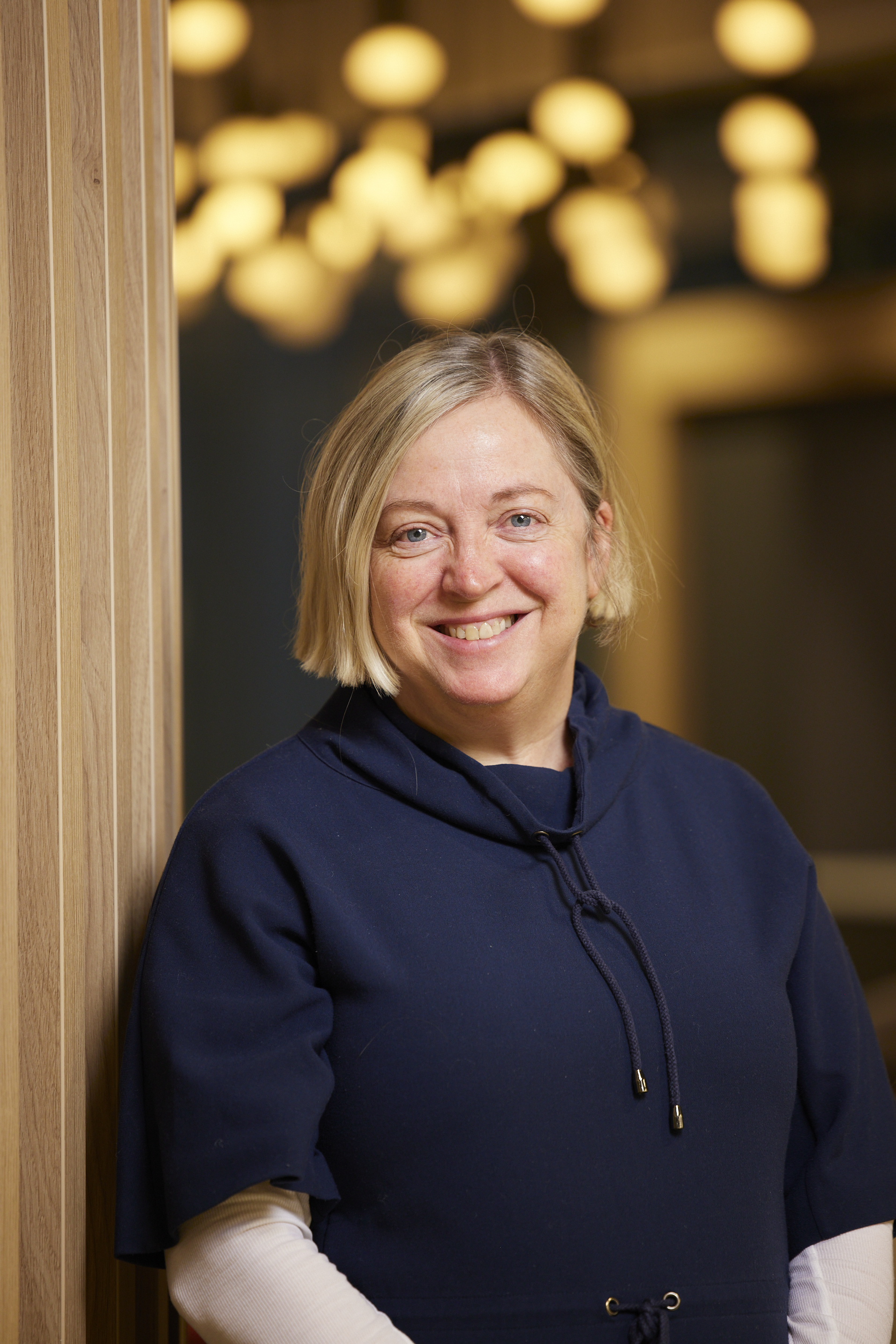
Shared ownership or shared value? What’s best for local communities?
Susanna Wood, Statkraft’s Vice President, Sustainability and Public Affairs, examines how renewable projects can provide meaningful benefits for local communities.
The green transition should be a just transition. And a core tenet of the just transition is for renewable projects to provide benefit to local communities. Responsible developers have always understood this and spend time with the community to understand their challenges
An emerging ideology is to equate the idea of value with the idea of ownership; that the community should part-own a renewable project and that this will equal acceptance and benefit.
Sounds great.
But what is “community ownership” and what does it imply? Community ownership might sound attractive on first blush, but does it really make sense for individuals – many of whom have no investment expertise? Ownership in a renewable energy asset typically requires various financial commitments and legal obligations. This includes an upfront capital investment, ongoing responsibility for operations and maintenance costs, financial liability in case the project goes bust or isn’t profitable, and legal liability should the project not comply with regulatory requirements. Being an owner of a renewable energy asset is not as simple as becoming an owner and receiving profits.

There are other ways to organise a financial return, and some will provide a more stable income stream than regular ownership. But more importantly, we seem to have travelled some distance from the original tenet; providing an investment opportunity to a small number of locals does not meet the standard of providing benefit or sharing value with the local community.
When we think about sharing value, we should be considering something much more obvious. What do communities need? How can we make an impact?
Sometimes there’s a single-issue answer, such as access to broadband. More often than not, the picture is more diverse with issues ranging from the systemic to the simple: the local economy is struggling, there aren’t enough jobs, people need different skills, young people are moving away, schools lack funding, there aren’t enough places for kids to play or there’s no access to nature.
Doing something to help fix these issues – that’s a meaningful benefit for the local community.
 |
 |
Providing some form of local financial benefit is normal across Europe. This can take the form of sponsorships (eg: supporting education and skills), preferential electricity rates (get your discounted power from the wind farm next door), and – most regularly - Community Benefit Funds; a specific fund based on the size of the project which is set aside for a range of local community interests.
"The transition to cheap, green renewable power brings immediate opportunities and long-term physical and fiscal health."
In a more holistic view: The transition to cheap, green renewable power brings immediate opportunities and long-term physical and fiscal health. We will be reducing the cost of power by reducing dependencies on fossil fuels. More locally, we will be paying meaningful taxes to the local authorities for the lifetime of the project, creating jobs during construction and maintenance - and it’s important that we consider the indirect benefits of building out renewables: business for hotels, food trucks, restaurants, surveyors, plant nurseries… the list is extensive.
I live in a community that’s been hit hard by rising household bills and drastic cuts to local services. I also live down the road from a new grid storage project that’s just received all its permits. Ownership of the project is not a priority. Renewable heating for the community centre and funding for the mobile library? Now you’re talking!
There’s nothing wrong with community ownership. It’s good to see these opportunities opening up and it unquestionably creates a broad base of enthusiasm for renewable power. However, it still requires you to have funds to invest and there's no guarantee the offer will be taken up by those that live closest to the project.
To truly share value with local communities, renewable projects must focus on addressing immediate needs and help to deliver long-term benefits. We see plenty of good examples of this – so let’s recognise the positive impact we make already rather than seeking to re-invent the wheel. We are winning when we make the green transition a just transition for all.

Susannah Wood
Discover how we collaborate with communities and explore some our community projects

Shared value
We believe that as we lead the shift towards renewable energy, we should also do our business in a way that creates shared value for both us and the countries and communities we operate in.
Read more

Statkraft announces community fund targeted at climate change projects
The Keith Greener Grid Park Community Fund will support community and environmental projects located within Keith and the wider Strathisla boundary
Read more